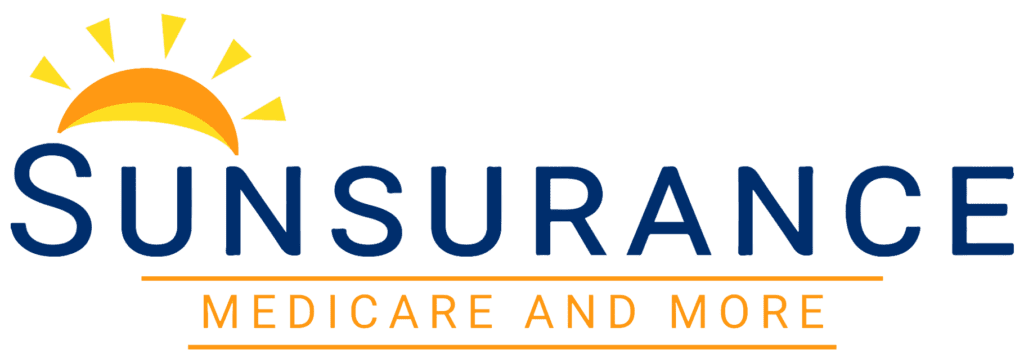What Drugs are covered by Medicare Part D?
Each Medicare Prescription Drug insurance policy will have different kinds of prescription drug coverage. The insurance company ultimately selects the drugs it covers under its plan.
Usually, Medicare Part D covers all medicines in the six drug groups, i.e., the Medicare Part D Formulary.
- Anticancer
- Antipsychotics
- Immunosuppressants
- Anticonvulsants
- Antidepressants
- Antiretrovirals
The formularies mentioned above are prone to change. For this, every Medicare Prescription Drug policy should publish its formulary on the policy’s website. The policy also alerts you when it removes drugs from its formulary. You will receive notifications on your policy when necessary.
Many Part D plans also use a tiered approach when displaying their formulary. Every Tier has particular drugs, and each one features a copayment that increases with the tier level. Accordingly, the copayment for Tier 3 drugs is greater than the copayment for Tier 1 drugs. Some drug plans also reduce the cost of their copay per Tier, which depends on whether you purchase a high, medium, or low premium plan.
Prescription Drugs not covered by Medicare Part D
These are the medicines not listed in the Part D formulary:
- Weight gain or weight loss drugs
- Fertility drugs
- Drugs for sexual performance or erectile dysfunction
- Over-the-counter drugs
Medicare Part D does not provide coverage for drugs that are covered under Medicare Part A or Part B.



